This week’s study focused on online leisure spaces and online communities. Immediately, I thought of the incredible online communities – bots and their derivative “Toilet” communities .The definition will be elaborated in the following paragraphs.
In the commonly used software WEIBO (similar to China’s INS or Twitter), many “bots” have appeared since 2018. The initial bots still collected materials, such as pets, poetry, and plant bots. The word “bot” originates from “robot”, cause early bots[1] used artificial intelligence technology to automatically select, collect pictures, and release content online. During this period, the content of bots was highly uniform and showed homogeneous characteristics with a high repetition rate.
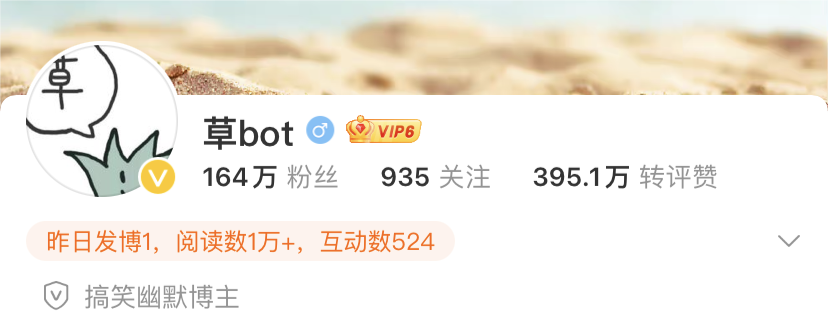
[1] https://weibo.com/u/5381870276
“Funny stuff” bot, mainly published humorous videos and memes.
Around 2019, bot operators began to accept submissions from real people. These bots covered a more comprehensive range of topics, including meme or daily life[2][3] .They usually consist of objective recordings and humorous stories and rarely cause confrontations. These types of bots have gained highly high traffic and discussion because almost everyone can relate to the content they post.

[2] https://weibo.com/u/2816125940“Whisper” bot, Post contributions of interesting real conversations overheard by anonymous users.
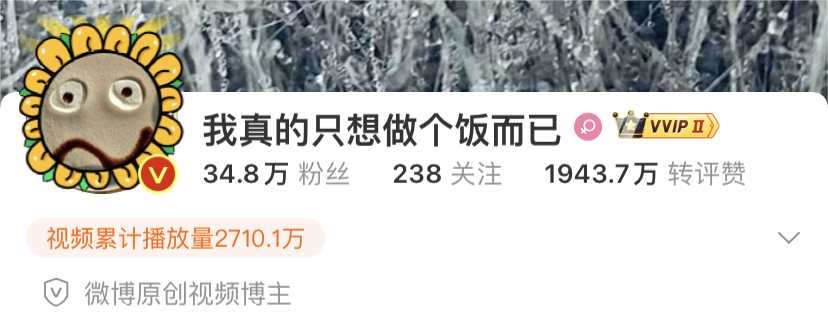
[3] https://weibo.com/u/7866392693“I just want to cook”bot, post terrible cooking results submitted anonymously.
However, some bots belonging to subculture groups gradually form a tight network information barrier due to their narrow audience. The structure of the information cocoon makes the participants of the community gradually evolve unique community rules, but these rules are not suitable for the mainstream cultural social category most of the time. People are surprised by the extremes of these users, and thus despise the community, gradually evolving into what is known as “toilet” in online communities. This term describes “bots” with extreme content, describing their social atmosphere as chaotic, extreme, and containing uncomfortable hidden discussions. Some “bots” deviate from widely accepted topics and tend towards subjective story descriptions, thus intensely concentrating on a specific audience.
For example, “what’s wrong with my commission”bot[4] is focus on sends out submissions on request for illustration or character design. Anonymous accounts will post their own final request and the example drawings of the artist together and invite users who follow the bot to evaluate whether the drawing is suitable. Although in most cases, obvious cases of unequal value are more common, whether the artist has not reached the level expected by the remuneration or the expectations of the commissioner are too high, the comments section can still maintain a relatively rational discussion and consistent atmosphere. However, not artist is willing to put their private work experience into the public online space for public judgment, and they are also against this behavior of not solving problems face-to-face but attacking behind the scenes. The conflict between the two parties leads to conflicts that escalate to personal attacks, which creates a very bad user experience for users who follow this community.When the incident spread to users outside the community, most people could not accept the extreme rules and atmosphere of this community, so they called it “toilet”.
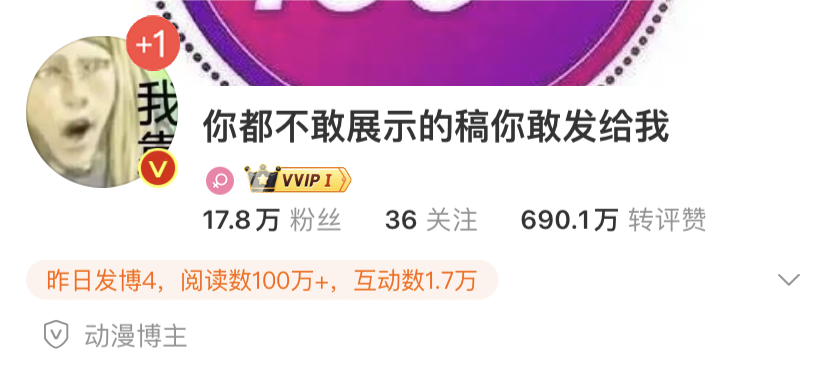
[4] https://weibo.com/u/7887303631“Don’t you dare send me something you couldn’t show”bot,post suspicious commissions submitted anonymously.
However, as the internet spread and evolved, the term “toilet” began to shift from a derogatory term to a neutral one. For example, “Puffy is not my fault”[5] bot is a community that focuses on plus-sized women sharing fashion tips, healthy lifestyles, and emotional support. However, its users also began referring to the online community they were in as the “toilet.” The reason for this is that after being widely disseminated, the derogatory connotation of “toilet” was weakened, and its position in the context changed. The second reason is that plus-sized women are often subjected to discrimination, and their normal emotional exchanges were once considered “making excuses” and “not trying hard enough,” so in order to counter unfair outside judgments, more and more niche communities decided to use the term “toilet” to break free from stereoscopic gaze.
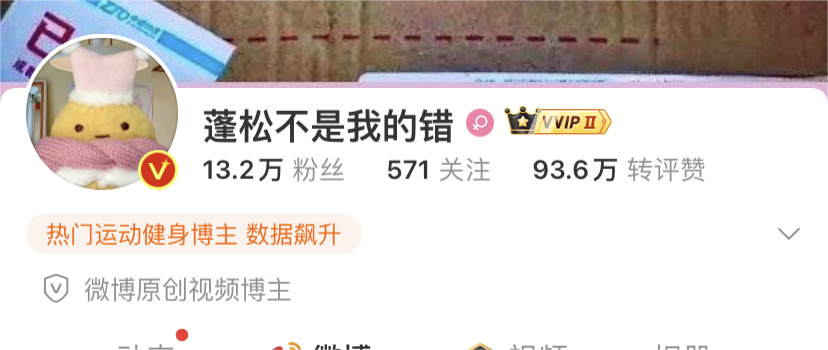
[5] https://weibo.com/u/7865784473“Puffy is not my fault”bot
Due to the anonymous nature of the publisher, the Internet has become more secretive, leading some “bots” to express clique views and insult individuals or teams. When someone finds out that a person they know is publicly humiliated and ridiculed in a “bot,” they will make it public. Meanwhile, anonymous insults and xenophobic behaviour are common in this small-scale social group. The reason for this is that many niche “bot” members are underage and cannot view things comprehensively; on the other hand, there is a vital information barrier in “bot,” which has led users to gradually reduce their browsing range and develop extreme psychological tendencies over the years.
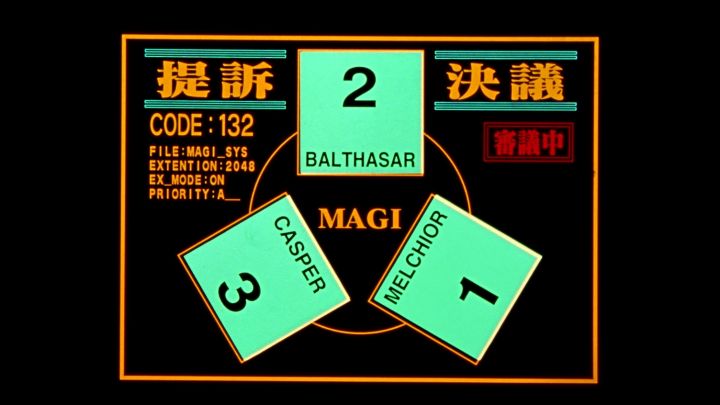
ethanjee9412
Wow, this is really interesting! It’s amazing how much you get to know about the bots in the Chinese Internet community and the related “toilet” community. It was especially interesting that the bots that initially dealt with simple topics became more diverse and attracted more and more people’s attention.
I found it interesting that the term “toilet” was originally meant to be insulting, but later became a neutral term. I was surprised by how a bot named “Puffy is not my fault” used the word “toilet” to defend itself from prejudice. I believe using these new terms has helped make our community stronger.
However, I’m a bit worried that some bot communities that have exploited anonymity are creating conflict by blaming individuals or groups. I think the problem is that extreme psychological trends can occur, especially in communities with many minors.
I enjoyed reading about the development of the online community in China and the different phenomena and problems that have come up in the process in this post. Thank you for sharing the useful information!
deep535353
Thanks for your reply! Indeed, the anonymity of “toilets” has led many people (especially minors) to engage in vicious recriminations. That’s why these submission accounts are called “toilets.”Now, based on my observation, many people are aware of the dangers of “toilet” accounts, and people are learning to actively block or ignore these accounts.
char6
This is a great blog post, I didn’t know about the Toilet community and how widespread bots were in the systems, thank you for sharing.
it is a super important topic to discuss as things like AI are being utilized more and more, and kids have access to technology far sooner. It is something that needs to be taught in school and better regulated if possible on the internet.
it was also crazy to learn about how the term toilet was being used in plus-sized community threads, this definitely creates far more discrimination and problems within the group which is a fault in society.
thank you so much for educating me on the topic!
deep535353
Thanks for your reply! On the issue of discrimination I’d like to add that the account’s initiative to refer to itself as “toilet” is a pointed irony, but is essentially about building an obesity-friendly community.
Nancee Mcreath
I learned a lot from your post.
private proxy
I really appreciate this post. I have been looking everywhere for this! Thank goodness I found it on Bing. You have made my day! Thx again
deep535353
I’m glad you liked my post:)